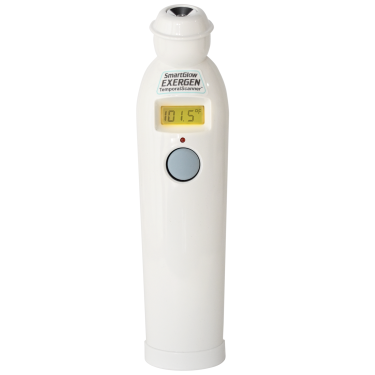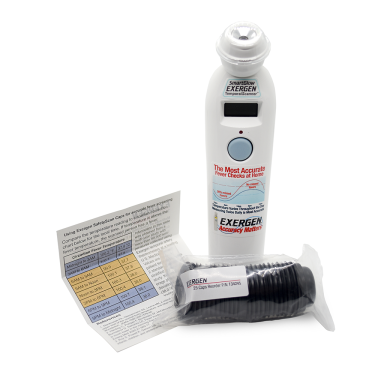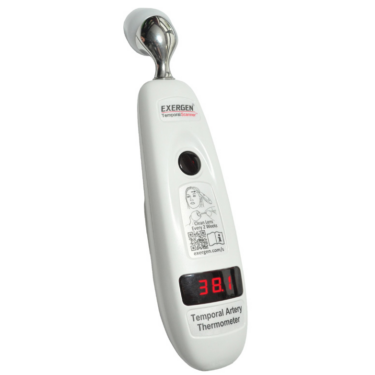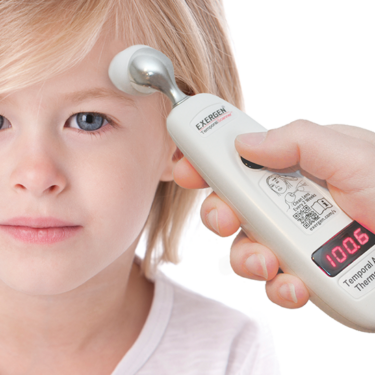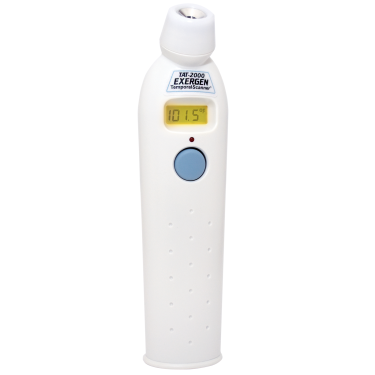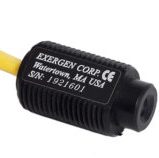Hantavirus turned to public attention in February after the deaths of actor Gene Hackman and his wife, Betsy Arakawa. Arakawa died from hantavirus pulmonary syndrome (HPS), a rare but severe illness with a fatality rate of nearly 40%. While Hackman died from unrelated causes, the incident renewed interest over this virus.
Hantaviruses are spread by rodents, primarily through contact with their urine, droppings, or saliva. Most U.S. cases occur in the western states, but strains exist worldwide. The virus can cause HPS or hemorrhagic fever with renal syndrome (HFRS). Though ELISA antibody testing is available, diagnosis involves coordination with state health departments or the CDC.
Symptoms and When to Seek Care
Generally, symptoms appear two to three weeks after exposure and unfold in two stages. Early signs resemble the flu:
- Fever and chills
- Muscle aches
- Headache
- Nausea, vomiting, or diarrhea
In the second stage, more severe symptoms may occur:
- Cough and difficulty breathing
- Low blood pressure
- Irregular heart rate
Since fever is one of the first symptoms, monitoring body temperature helps. Exergen Temporal Artery Thermometer provides quick, swipe across the forehead, by gently touching it, making daily checks simple and effective.
Seek immediate medical attention if flu-like symptoms worsen or breathing becomes difficult.
Research and Treatment Progress
Researchers, including Dr. Robert H. Carnahan at Vanderbilt University, are developing monoclonal antibodies lab-created proteins that mimic the body’s immune response. Already used for diseases like cancer and COVID-19, these antibodies show promise against hantavirus in early studies.
Though hantavirus is rare, experts stress the importance of available treatments. Continued research aims to ensure rapid response and improved health outcomes.
Sources,
- Mayo Clinic, https://www.mayoclinic.org/diseases-conditions/hantavirus-pulmonary-syndrome/symptoms-causes/syc-20351838
Exergen P/N 850506
